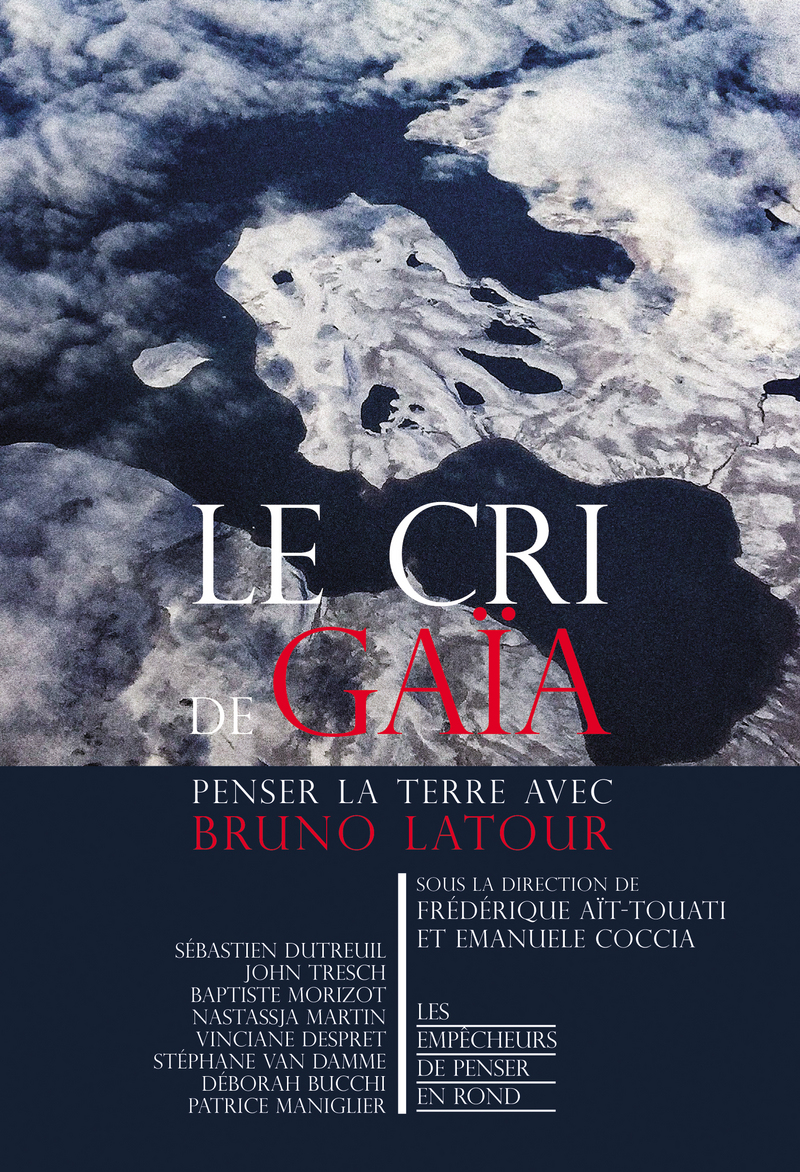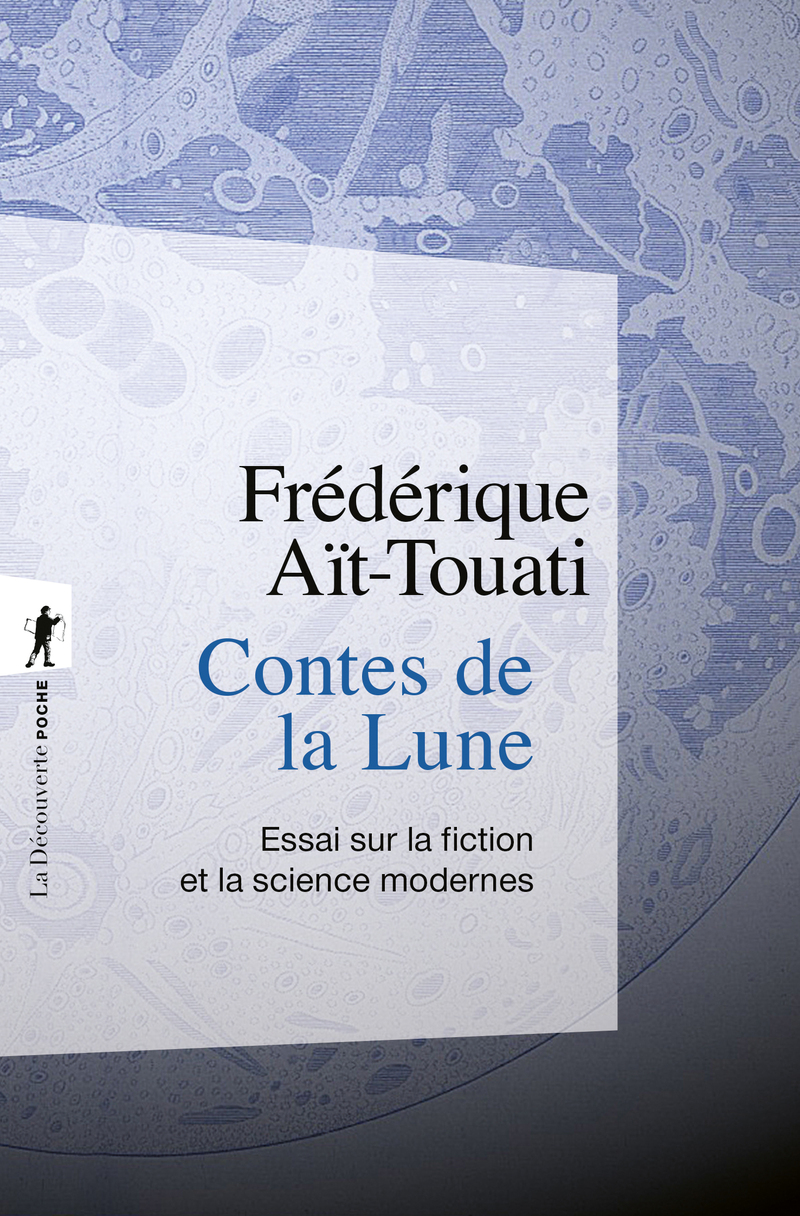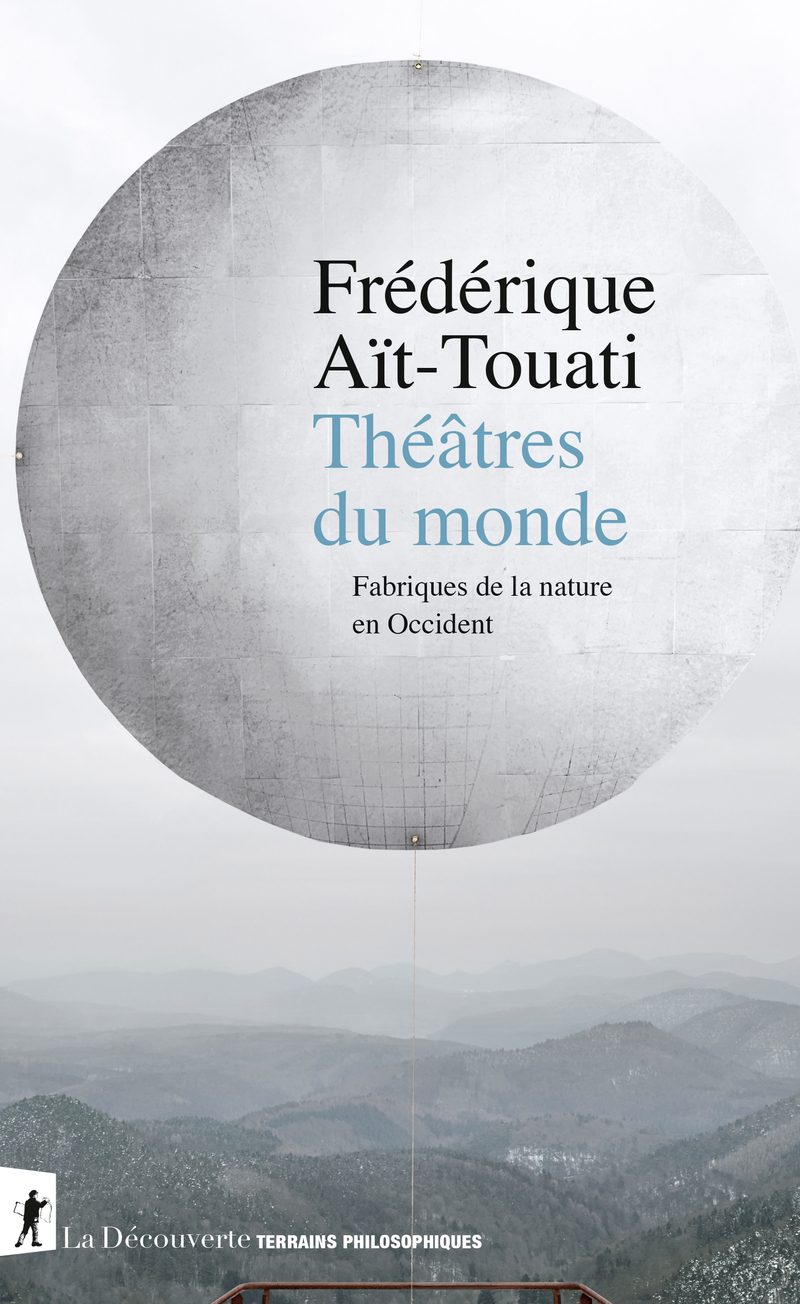Le cri de Gaïa
Penser la Terre avec Bruno Latour
Frédérique Aït-Touati, Emanuele Coccia, Collectif
Bruno Latour inspire depuis plusieurs décennies le travail de philosophes, historiennes et historiens, sociologues, éthologues, anthropologues et artistes dans le monde entier. Face à Gaïa occupe une place particulière dans son oeuvre : ce livre appelle à une réaction au-delà de la simple assimilation théorique.
Ce qui a l'apparence d'une question purement scientifique est en vérité un différend d'ordre politique. L'hypothèse Gaïa de Lovelock et Margulis représente l'effort pour reconnaître que la Terre est un sujet qui agit et intervient avec force dans notre histoire. Nous sommes moins sur la Terre que face à elle. La question écologique est moins celle du respect du vivant que celle de l'acceptation et de la représentation de l'actrice politique par excellence : notre planète. Reconnaître sa puissance d'agir signifie faire coïncider la protagoniste de l'histoire de la vie avec sa scène.
Autour de ce défi, des spécialistes de différentes disciplines scientifiques et artistiques se sont réunis. Chacun des auteurs raconte sa rencontre avec une des propositions contenues dans Face à Gaïa, comment elle l'a interrogé, bouleversé, voire contrarié. On ne fera face à Gaïa qu'en entremêlant les savoirs issus de l'exploration de cette " zone critique " (autre nom de Gaïa), les performances des artistes, la philosophie, la métaphysique et la théologie.
Gaïa en sort encore plus fascinante, provocante et menaçante.

Nb de pages : 224
Dimensions : 14 * 20.5 cm
ISBN numérique : 9782359251982
 Frédérique Aït-Touati
Frédérique Aït-Touati

 Emanuele Coccia
Emanuele Coccia

 Actualités
Actualités

Extraits presse 

2021-01-01 - Véronique Rossignol - Livres Hebdo
Construit autour de l'œuvre de Bruno Latour et en particulier de Face à Gaïa, cet ouvrage collectif réunit les réflexions de 10 intellectuels, parmi lesquels Vinciane Despret, Baptiste Morizot, Nastassja Martin ou encore Sébastien Dutreuil.
2021-02-01 - Youness Bousenna - Socialter
Table des matières 

1. Gaïa, la vie en scène,
par Frédérique Aït-Touati et Emanuele Coccia
2. Quelle est la nature de la Terre ?
par Sébastien Dutreuil
3. Apocalypse Again,
par John Tresch
4. Ce que le vivant fait au politique. La spécificité des vivants en contexte de métamorphoses environnementales,
par Baptiste Morizot
5. Le principe de métamorphose,
par Nastassja Martin
6. Comment accueillir les mammouths ?
par Vinciane Despret
7. L'opacité du monde.
Face à Gaïa et la relecture lovelockienne de la révolution scientifique,
par Stéphane Van Damme
8. Gaia face à Gaïa. Figurations de la terre chez Eschyle et Bruno Latour,
par Déborah Bucchi
9. Latour, chef de guerre. Petit traité de gaïapolitique,
par Patrice Maniglier














